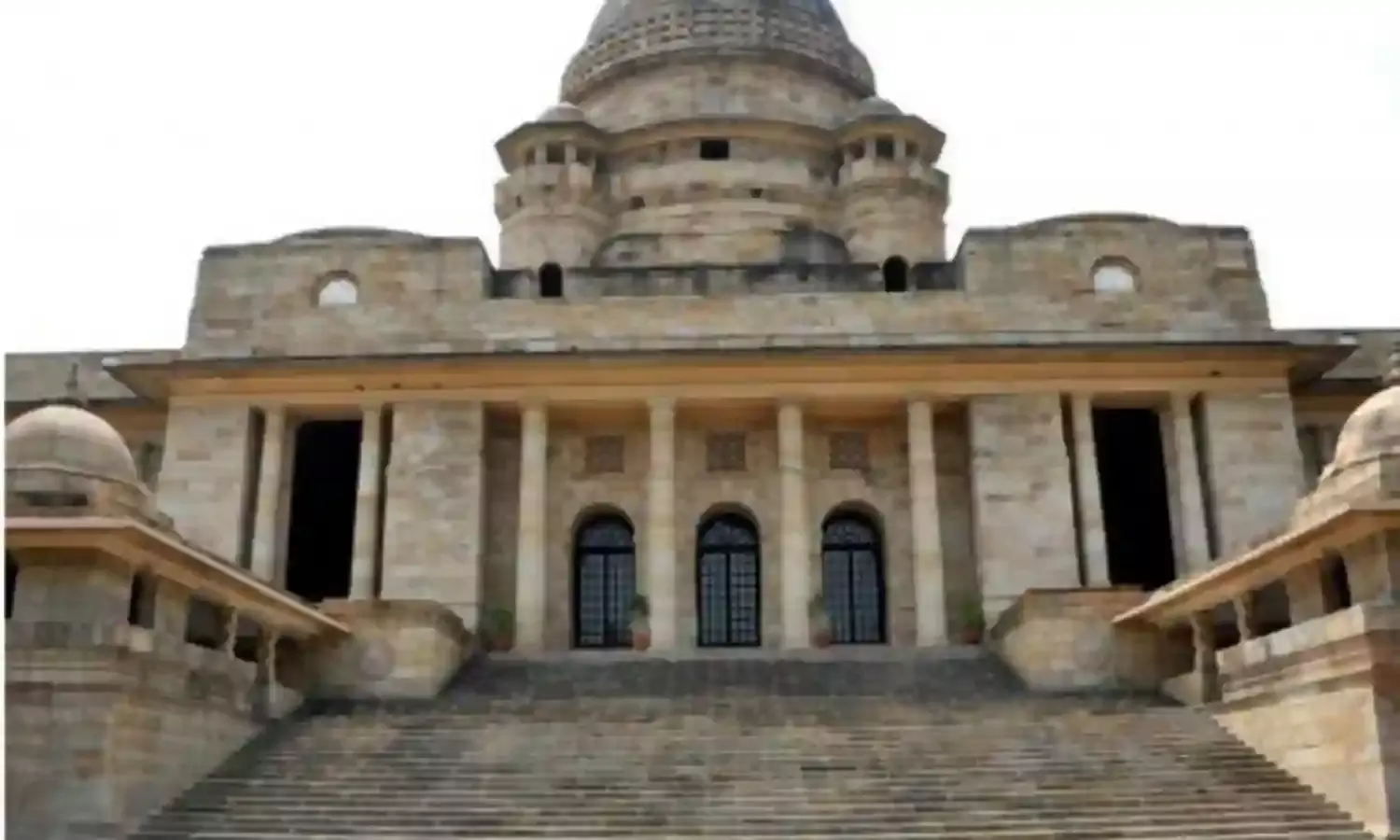Onus On Employer To Prove Employee Was Gainfully Employed Once Latter Shows That He Was Not Employed – Bombay HC
The Bombay High Court (Nagpur Bench) has held that once the employer shows that he was not employed the onus lies on the employer to specifically prove that the employee was gainfully employed and was getting the same or substantial similar emoluments.
The Bench of Justice Rohit B. Deo observed –
… ordinarily an employee whose services are terminated, and who is desirous of getting back-wages, is required to plead or at least make a statement before the adjudicating authority or the Court of first instance that he or she was not gainfully employed or was under employed. It is observed that once employee shows that he was not employed onus lies on the employer to specifically prove that the employee was gainfully employed and was getting the same or substantial similar emoluments."
In this case, the Petitioner 1 was a registered Public Trust which administered Petitioner 2 – school collectively referred to as the Management. The management assailed the order of the Presiding Officer, School Tribunal whereby the appeal preferred by the employee was partly allowed and the notice of termination was set aside. The employee was deemed to be in continuous service and was held to be entitled to all service benefits and the management was directed to pay full back wages of the employee.
Senior Counsel J.T. Gilda appeared for the Petitioners while Counsel V.A. Kothale appeared for Respondent No. 1, and Addl. G.P. S.M. Ukey appeared for Respondent No. 2 before the High Court.
The issue dealt with by the Court was –
Whether the employee whose services were terminated was entitled to 100% back wages.
The Court noted that the Petitioner did not state in the memo of appeal or otherwise that she was in gainful employment.
Also, the Court further observed that the Tribunal did not cull out any material or circumstance to suggest that the employee did plea or contend that she was not in gainful employment. The management also did not make any effort to invite the Tribunal to consider the burden of proof, by taking a plea in the written statement that the employee was, as a fact, in gainful employment.
Further, the Bench placed reliance on the judgments of the Apex Court in the case of Shambhu Nath Goyal v. Bank of Baroda and others, (1983) 4 SCC 491, and Deepali Gundu Surwase v. Kranti Junior Adhyapak Mahavidyalaya (D.Ed) and others, (2013) 10 SCC 324, in which the Supreme Court did not accept the contention of the employee that he was entitled to back wages. The Supreme Court affirmed the decision of the High Court awarding 50% back wages to the employee observing that the High Court has actually struck balance which need not be upset.
The Court thus held that neither the employee nor the employer has made any effort to invite the Tribunal to frame an appropriate issue and to have the same adjudicated. Whether the employee was gainfully employed, has not been considered by the Tribunal.
Further, in this context, the Court directed that the employee was entitled to 50% back wages and thus noted –
"However, since the Tribunal has found the termination illegal and in egregious breach of the statutory provisions as interpreted by the Full Bench, I am not inclined to remand the matter to the Tribunal to decide on the quantum of back-wages. While the employee may not be entitled to 100% backwages, balance can be struck by directing the management to pay the employee 50% of the back-wages which she would have otherwise earned from the date of the termination till the delivery of the judgment by the Tribunal i.e. from 16-7-2019 to 01-4-2022. Rest of the findings and the reliefs and the directions issued by the Tribunal, are confirmed."
Accordingly, the Petition was partly allowed.
Cause Title - Lady Yashodabai Joshi Ladies Club & Ors. v. Smt. Shilpa Sanjay Khandekar & Ors.
Click here to read/download the Judgment




